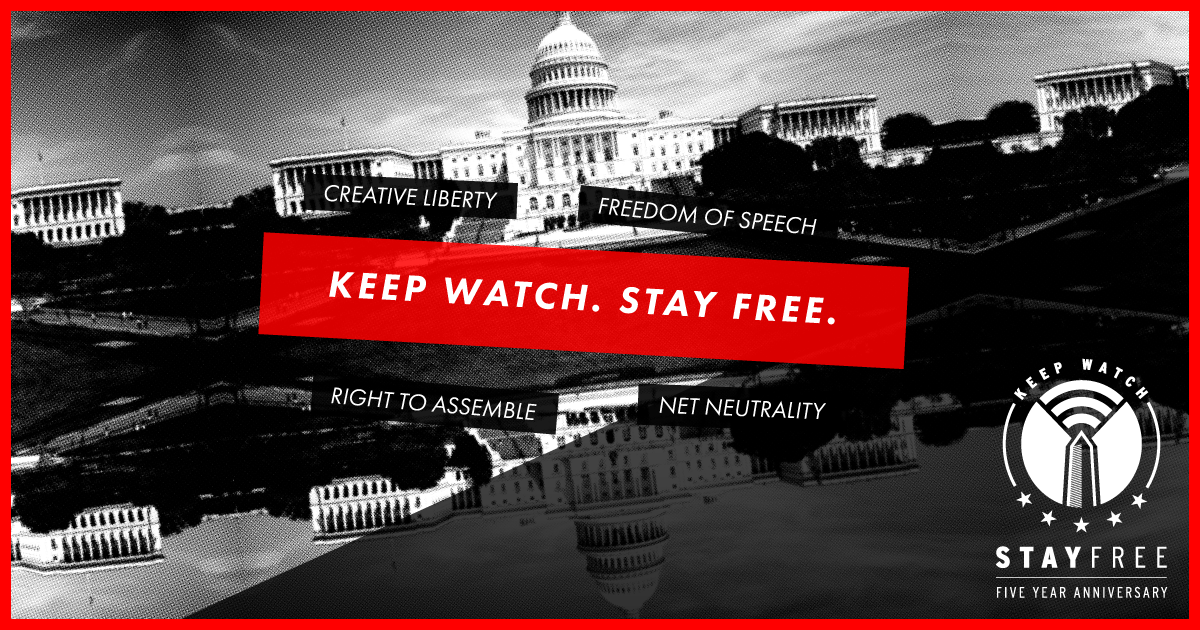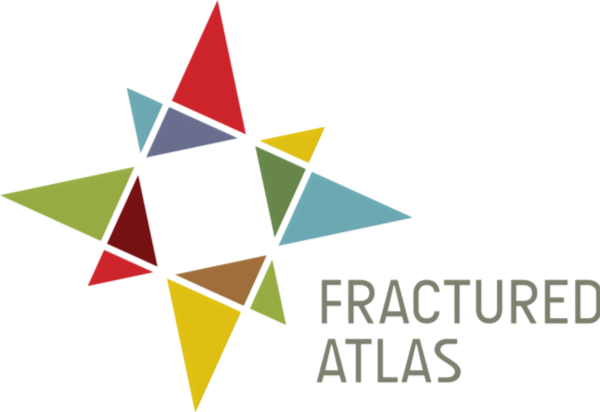The Internet Went Dark Five Years Ago This Month

Lessons from the SOPA/PIPA Battle Are Relevant As Ever
by Courtney Duffy, Robert W. Deutsch Arts & Technology Policy Fellow at Fractured Atlas
On Wednesday, January 18, 2012, major Internet websites united to protest censorship and defeat SOPA/PIPA. Five years later, it’s as important as ever that we — both the arts community and the Internet community at large — rededicate ourselves to the principles of Internet freedom. Join the conversation on Twitter by using hashtags #InternetFreedomDay, #SOPA, and #PIPA.
Remind me exactly what happened.
Five years ago last week, more than 50,000 websites made their homepages dark, uniting to protest both censorship and threats to Internet freedom posed by two bills in Congress: the House version, the Stop Online Piracy Act (“SOPA”), and the Senate’s Protect IP Act (“PIPA”). Participating websites included such recognizable names as Google, Amazon, Reddit, Craigslist, Wikipedia, and more. The move made Congress take notice, resulting in the failure of both bills.
What was wrong with SOPA and PIPA?
While the bills claimed to protect copyrighted works from piracy, their enforcement mechanisms would have had a dangerous effect on the Internet power balance, promoting censorship. The proposal was essentially a “guilty until proven innocent” model — it would have been easy, for example, for an organization to claim copyright infringement against a competitor in order to shut down the competitor’s website. Even if the accused party was innocent, they would need to pay expensive legal fees to defend themselves.
It’s important for us to note that we at Fractured Atlas believe wholeheartedly in copyright law, as well as the importance of artists being fairly compensated for their work. We simply felt strongly (and still do) that the solutions proposed in SOPA and PIPA were tremendously flawed and posed dangers to the constituency of artists that we serve.
Did Fractured Atlas speak out against SOPA and PIPA?
We’re proud to say that we did — in fact, we were the first major national arts services organization to take a stand. Adam Huttler, our founder and CEO, urged in a letter to Senate leadership to consider other solutions and avoid passing PIPA. We were soon joined by a number of other arts organizations, who together signed onto a second letter to Senate leadership. The coalition consisted of friends like Dance/USA, OPERA America, Theatre Communications Group, and Chorus America, among others. Our efforts were part of a large coalition of Internet defenders, large and small, that spoke out against this harmful potential legislation.
Has anything major happened in this space between then and now?
In February 2015, the Federal Communications Commission adopted strong rules to protect net neutrality. This victory was largely a result of yet another large-scale advocacy effort that caught the attention of policymakers — 4 million people submitted official comments in support of strong open Internet rules.
What does this mean to the arts and Internet communities today?
As has historically been the case when the D.C. power balance shifts to a new party, the Trump administration and Congressional Republican majority will put forth their own broadband policies. There is a strong possibility of new FCC commissioners overturning the net neutrality rules, as well as other rulings made over the last several years that could resemble the frameworks of SOPA and PIPA. As artists and Internet users, we must actively keep ourselves informed about these developments, and vigilantly defend an Internet that allows for continued creativity and innovation on an even playing field.
Where can I find more information?
A new Medium post called “Keep Watch, Stay Free,” is chock full of additional resources. You can also check out this video about the blackout, along with articles from TechCrunch and BoingBoing.
You can find Courtney on Twitter @cduffy90, and join the conversation by using hashtags #InternetFreedomDay, #SOPA, and #PIPA.

Courtney Duffy is the Robert W. Deutsch Arts & Technology Policy fellow at Fractured Atlas, a nonprofit technology company that helps artists with the business aspects of their work. To learn more about Fractured Atlas, or to get involved, visit us here.
About Fractured Atlas
Fiscal sponsor, fundraising platform, educational resource, advice from a staff of experienced artists & creatives. We’re rooting for you!

